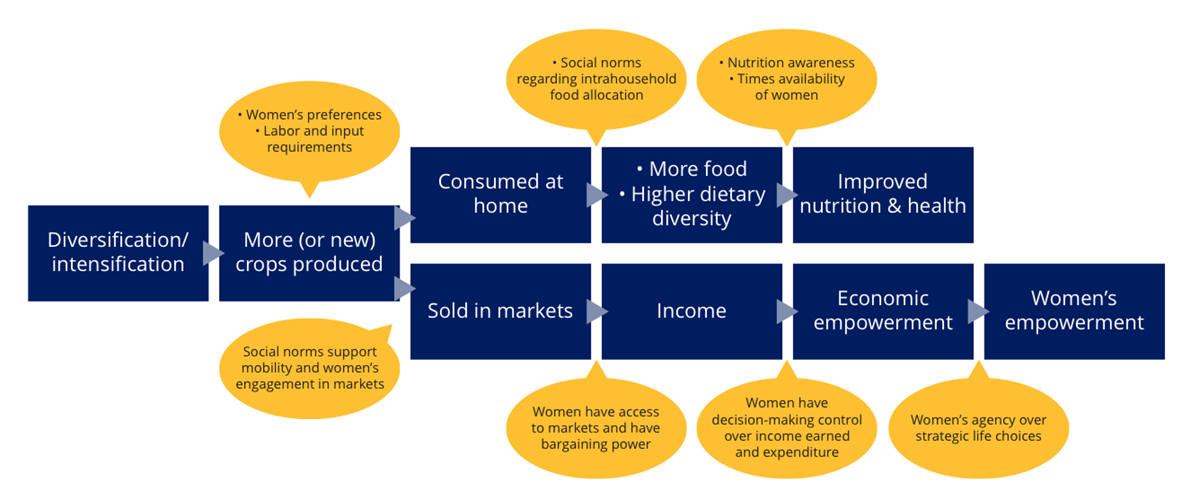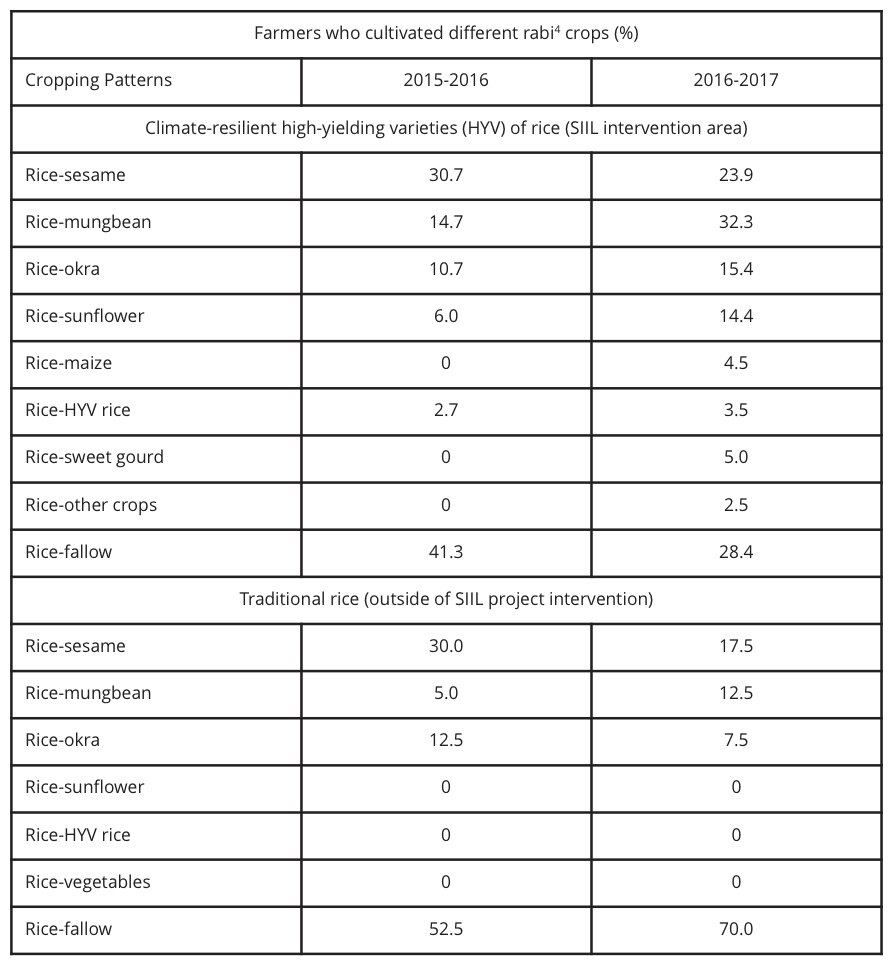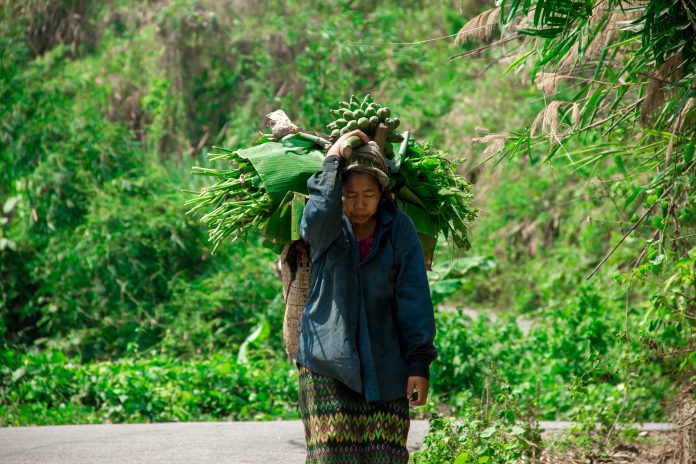Professor Robert Aiken discusses work on food networks in this report, specifically the Polder project
“Smallholders manage over 80% of the world’s estimated 500 million small farms and provide over 80% of the food consumed in a large part of the developing world, contributing significantly to poverty reduction and food security.”(1)
As a public agricultural scientist, this is of interest. Food security extends beyond the major food and feed grain crops (rice, wheat, corn, soybean, sorghum), many of which I study. If a substantial portion of humanity depends on food produced by smallholders, what risks do climate changes pose for these community food networks?
The sustainable intensification of smallholder food systems is the focal work of a colleague, Dr Vara Prasad. (2) His network of international collaborators is devoted to understanding the function of community food networks, and opportunities for sustainable intensification to enhance food security. Vulnerability to climate change is an integral aspect of this work.
To gain insight into food networks, I discovered the Polder project, active in the Coastal Zone of Bangladesh. The 1.2 million hectares Coastal Zone is home to 8 million Bangladeshi people in the delta of the Ganges river. (3) The region, typically within 10 m above sea level, is subject to tidal flooding, saltwater intrusion, and seasonal drought. Food insecurity diminishes the development of half the children in the region.
The 1.2 million hectares Coastal Zone is home to 8 million Bangladesh in the delta of the Ganges river.
Water management is critical for crop growth and food security in the Coastal Zone, utilizing dikes and gates established in the 1960s and 1970s to manage large water catchments, known as ‘Polders.’
Another colleague, Dr Krishna Jagadish, directs the Polder project for the K-State Sustainable Intensification Innovation Lab. Krishna’s project has established a team of young scientists (nutritionists, water management, agronomy, social sciences, economics, climate-crop modelling) and sociologists who are learning about food networks in one of the nearly 130 plus polders in the Coastal Zone of Bangladesh. Learning hubs form a key component of the adaptive research pursued by these teams.

Some of their findings
Adoption of climate-resilient high-yielding rice varieties can boost grain yields by up to 50%. Incorporating fish production into the flooding phase of paddy rice supports household nutrition.
Successive cropping of hybrid corn and nutritious pulse crops can double annual food productivity. Corn grain can support emerging poultry production enterprises, while stalks provide fodder for livestock.

The burden of more intensive cropping can fall, disproportionately, on women in the household, often responsible for crop harvest. Mechanical harvest using small reapers can reduce labour requirements by 80%.
Seed storage enterprises – in rat-proof containers, provide income opportunities for women lacking access to land resources. Coordinated water management in the polders is critical for all of these developments. Learning hubs provide critical means of sharing information about new practices, successes and challenges. The students contribute insights into the polder food network while developing professional credentials and experience. Together, the project fosters learning communities where adaptive land intensification help families adapt to changing conditions.
References
1) Walpole, M. et al. 2013. Smallholders, food security, and the environment. Report prepared for the International Fund for Agricultural Development and United Nations Environment Programme.
2) Director, K-State Sustainable Intensification Innovation Lab (SIIL), supported by US AID.
3) Polder Tidings, a newsletter published by the International Rice Research Institute with support from the K-State Sustainable Intensification Innovation Lab (SIIL), funded by US AID. Contact Dr. Krishna Jagadish (KJagadish@ksu.edu) or Dr. Sudhir Yadav (S.Yadav@irri.org) for more information.
4) The rabi season (November – March) is typically cool and dry, winter.
5) Yadav, S., M. Mondal and K. Jagadish. 2017. “Foregoing fallow: Improving productivity of polders in Bangladesh. Polder Tidings Vol. 2 No. 1: pp 4-5. International Rice Research Institute.
Professor Robert Aiken
Research Crop Scientist
Northwest Research – Extension Center
Tel: +1 785 462 6281
raiken@ksu.edu
https://www.northwest.k-state.edu/
*Please note: This is a commercial profile











